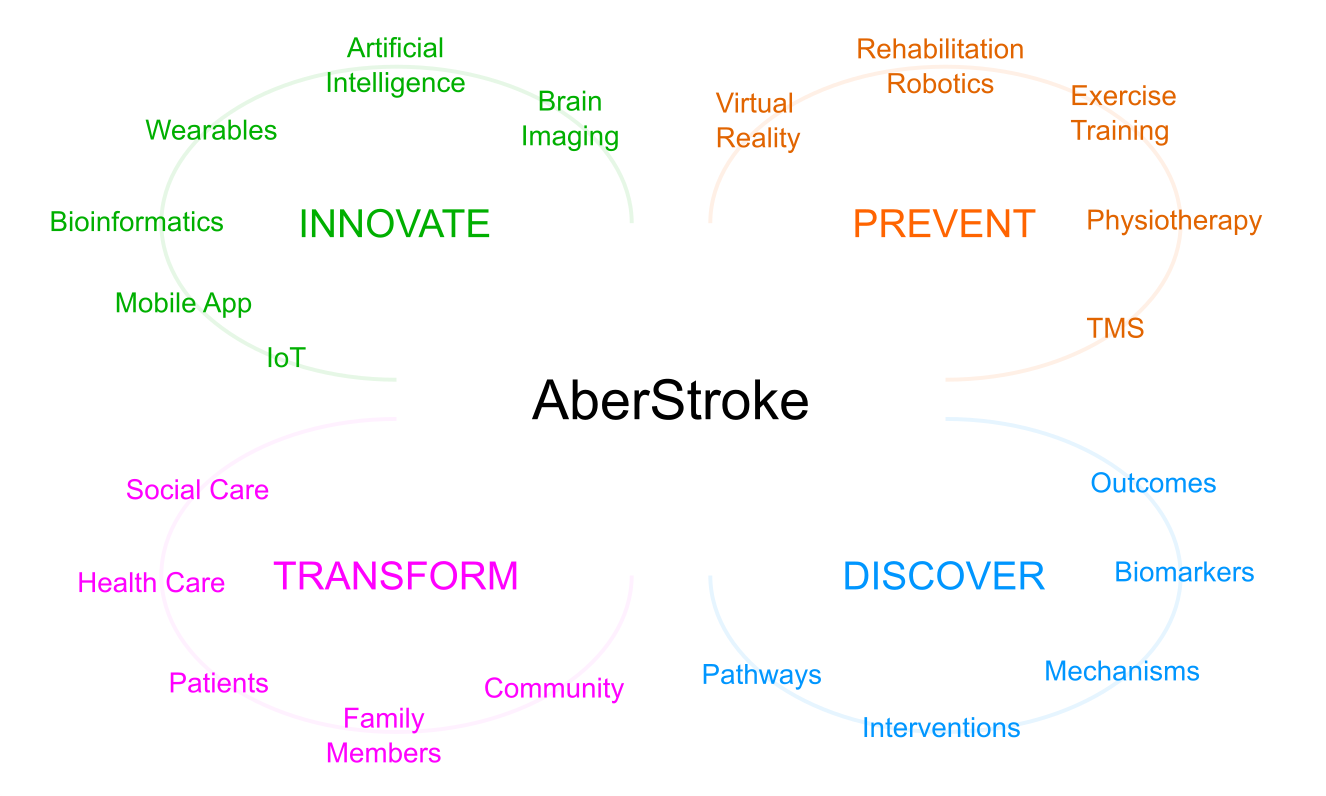Stroke is a leading cause of adult disability affecting 15 million people worldwide every year. In the UK, it costs £3 billion to our health care system and £26 billion to society when unemployment, informal care and secondary health issues are considered. If not death, stroke is a life changer. It causes motor and cognitive impairments which diminish quality of life and independence. It is common that stroke survivors end up living homebound with little or no physical activity, and they suffer from loneliness, lack of confidence and low self-esteem. Physical inactivity and psychological stresses would impact the course of recovery and increase the risk of having further health problems (e.g. a second stroke, heart attack, diabetes or depression). Stroke equally impacts care givers (e.g. a spouse, family or a friend) who voluntarily look after the patients. Caring has emotional, social, physical and economic consequences (known as caregiver burden) which put caregivers at risk of developing physical and mental health issues.
Stroke issue is even more exacerbated in rural areas with older demographics, low population densities and large distances between residential and commercial centres. Access to health care is more challenging because of the quality of roads, limited public transport routes and services, and shortage of health care professionals. Slow internet, bad phone reception and quality of housing (e.g. no central heating or not necessarily appropriate for adaptations after a stroke) can further limit patients’ ability to live independently.
There is no question that the COVID-19 pandemic has imposed additional challenges on stroke patients and their families1. To minimize risk of infection and create space for COVID patients, stroke survivors are being discharged from the hospitals too early. Most rehabilitation programs including exercise training have been cancelled due to the shortage of qualified personnel. Government lock-down and social distancing are preventing physio/occupational therapists and specialist exercise practitioners from delivering domiciliary rehabilitation care.
Recovery from stroke is not easy and it requires patience, hard work and commitment. We believe effective stroke care hinges on a wholistic and united approach where health professionals, social workers, communities, patients and their families work together as part of a continuum. To achieve this, we need new technologies for personalized care, early intervention (if possible, prevention), community and patient-led health care delivery, and objective, standardized and effective health care practices across the nation.

We research, innovate, and educate to break the vicious cycle of stroke. We study mechanisms underlying stroke injury and recovery pathways. We work with patients to improve their physical and mental well-being through technology aided rehabilitation programs. We develop intelligent wearable systems that can be used as a diagnostic, therapeutic, recovery monitoring and follow-up tool. We also offer online courses on artificial intelligence and evidence-based rehabilitation approaches.
We work closely with the NHS and industrial partners to take our systems out of the lab addressing the needs of stroke patients in real world settings. Ultimately, we aim for democratizing stroke rehabilitation using wearable technology, robotics and artificial intelligence by making it cheaper, more accessible, personalized and effective.
References
1 H S Markus (University of Cambridge) and M Brainin (President of World Stroke Organization). COVID-19 and stroke – A global World Stroke Organization perspective, International Journal of Stroke, vol. 15(4), pp. 361-364, 2020.